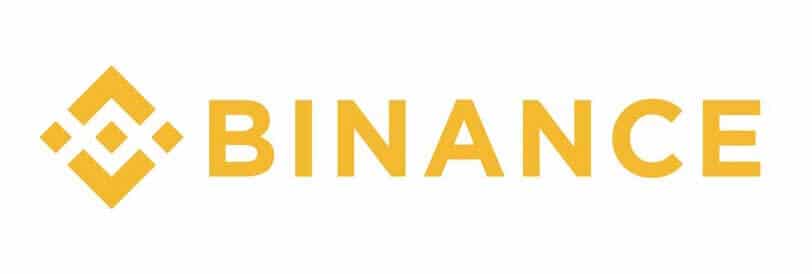
OTC is a term that is often used in stock trading but also involves trading crypto. OTC or over the counter trading is a form of exchange that is done directly between two parties.
OTC trading is unlike traditional forms of tradings that occur under an exchange platform’s supervision, which means that OTC trading is not affected by the exchange platform’s market price rather than the price determined by the seller.
How does OTC crypto trading happen?
The OTC trade happens when the seller creates an auction with the price and volume that they are selling for, while oppositely, the buyer can view this auction and either bid on it or buy it out depending on the auction properties provided by the seller. The buyer, on the other hand, provides another cryptocurrency as a means of exchange. This currency is usually selected by the auction creator (the seller), and therefore once the buyer provides this currency, the seller releases the sold currency to the buyer.
Why do people trade crypto OTC?
OTC trading is ideal for people who want to buy or sell large amounts of digital assets quickly and easily. This, simply put, eliminates the interference of third parties (exchanges) to the price and volume of the traded amount. Another benefit for trading large amounts OTC, in this case, would be to avoid slippage. Slippage occurs when no more sellers offering the coin that you are looking for at your desired price.
What is slippage and how can I avoid it?
Let’s suppose that you are trying to buy 100 bitcoin OTC. If you attempt to get everything on one exchange, the chances are that no one is selling 100 BTC in one piece. You would need to get it from different dealers/exchanges. You’d probably have the option to purchase the most part at the current market rate yet would wind up purchasing the last lump at an essentially higher cost. To avoid slippage, you would be in an ideal situation spreading your acquisition of 100 BTC around various trades, purchasing more modest lumps of BTC at the best cost accessible on each trade. In reality, doing this, in any case, would expect you to get the remaining part with different trades. Then you would invest a lot of energy executing every individual exchange, all while getting charged an exchange fee for each exchange.
On the other hand, if you go to a crypto OTC exchange, the other party (the seller) would provide a price, and once you have agreed to buy it with the accepted currency, they’ll send you 100 BTC through the platform — straightforward as that. Where and how they get it from isn’t your concern — it’s theirs. Dealing with the issue of sourcing a large amount of digital assets is actually what makes crypto OTCs ideal. Through them, you can purchase your 100 BTC in one place with fewer fees in one place.
What are examples of OTC crypto exchanges?
1. WhalesHeaven

WhalesHeaven is an ideal OTC crypto market for buying selling large amounts. The platform operates as a crypto p2p exchange platform, where the liquidity is provided by buyers and sellers exchanging. Once a user decides to sell one kind of cryptocurrency for another kind, they create an auction. Sellers can select multiple currencies that they would accept from a buyer. WhalesHeaven’s fee rate is regressive and depends on the exchanged amount. The platform charges between 0.5% for smaller deals and down to 0.125% for larger ones.
2. Kraken

Kraken offers personalized service to institutions and high net-worth individuals needing to complete large orders that might be too disruptive if placed on open markets at the exchanges. The OTC desk will provide you with execution and settlement services. However the minimum OTC order size on Kraken is $100,000, and the platform requires AML/KYC checks.
3. Binance

Binance accommodates crypto to crypto trades on almost any coin listed on Binance, such as BTC to stablecoin, altcoin to BTC, altcoin to stablecoin, and even unlisted pairings such as altcoin to altcoin trading. Binance OTC’s minimum trade size is $10,000 worth of crypto, with no fees charged. There is, however, a range between the buy and sell prices. The platform restricts users to trade for more than 2 BTC every 24 hours without KYC verification.